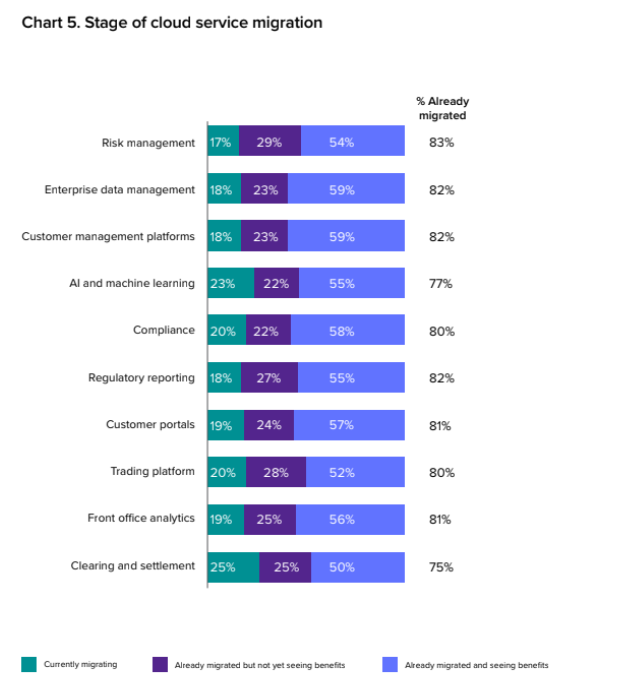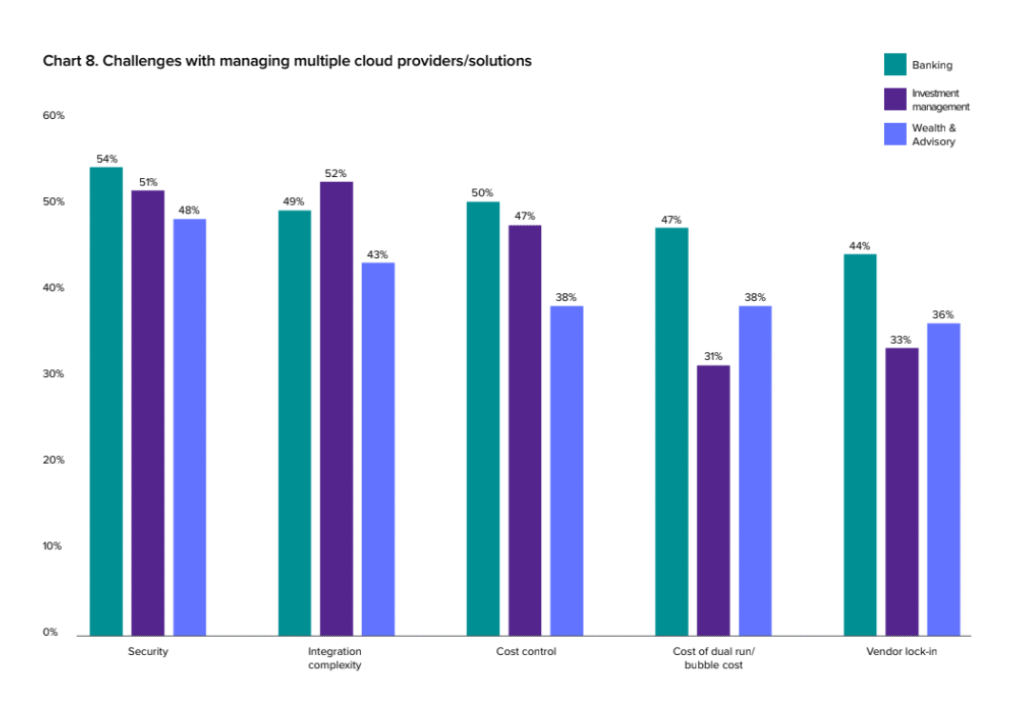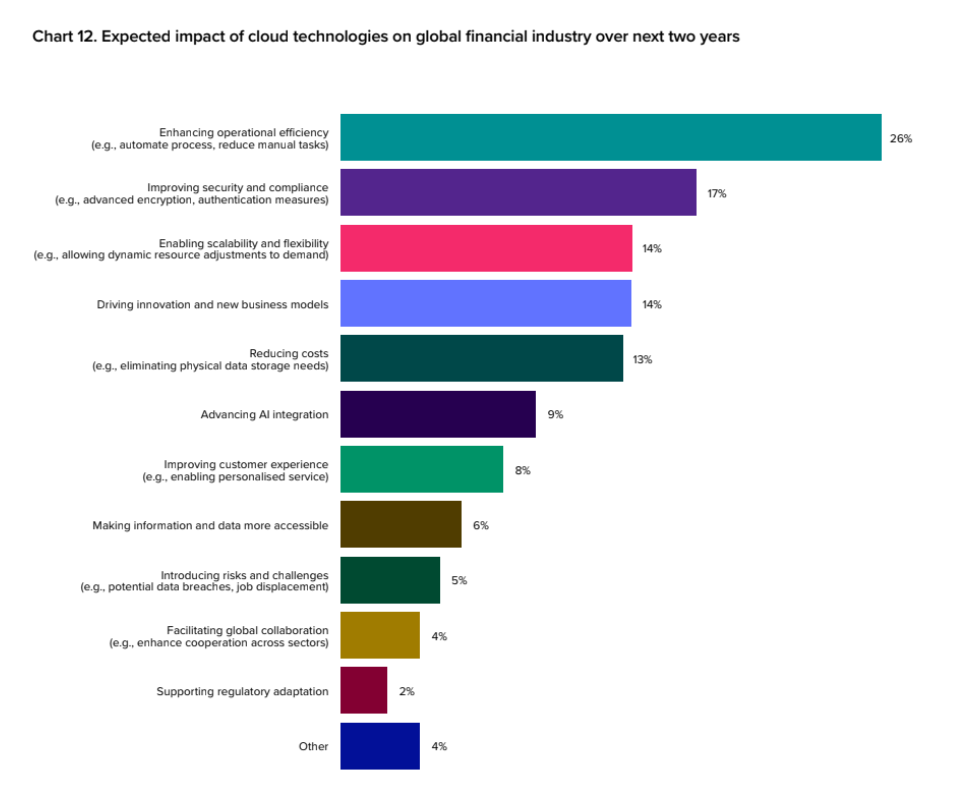FintechZoom.com | Your Gateway to Financial Insights
- Home
-
Stocks Updates
- News
-
Finance Tools
- Crypto Profit Calculator
- Savings Goal Calculator
- Compound Interest Calculator
- Currency Converter
- Tax Calculator
- Retirement Planner
- Net Worth Tracker
- Investment Portfolio Calculator
- Credit Card Payoff Calculator
- Monthly Budget Planner
- Mortgage Affordability Calculator
- Debt-to-Income (DTI) Ratio Calculator
- Fuel Cost Calculator
- Stock Return Calculator
- Loan EMI Calculator
- Latest Blogs
- Jobs Updates
Prifitis Cloud for AI and Operational Resilience in Financial Institutions – Fintech Schweiz Digital Finance News
Breaking Fintech News: Stay updated with the latest in the financial technology world.
Table of Contents
Free newsletter
Get the hottest fintech news in your inbox every month
According to new statement Research London Stock Exchange Group (LSEG).
A global survey of 453 financial services executives found that 87% of companies have increased their cloud investments over the past two years.
Rather than reducing costs, businesses prioritize strategic benefits such as scalability, revenue growth, and the enablement of artificial intelligence (AI).
The study also notes that 82% of companies now use multi-cloud or hybrid cloud strategies, a trend that reflects the need for flexibility and diversified risks.

Regulatory Compliance You have scholarships to consider key considerations, with 84% of respondents reporting that they have revised their cloud strategies under the EU’s Digital Operations Resilience Act (DORA) and the General Data Protection Regulation (GDPR).
Stuart Brown, head of the LSEG data and feed team, commented:

“Our findings show that adopting the cloud is no longer a decision for technology or engineering leaders; it is a critical business imperative. Companies are increasingly driving meaningful value from the cloud, increasing operational resilience, and preparing for the next wave of innovation.”
“In the next three years, this innovation will be powered by artificial intelligence and machine learning, with financial institutions increasingly leveraging the cloud to power fraud detection, risk management, data analytics and generation of AI.”
Security issues persist, with 47% of respondents deeming complex cyber attacks as their primary concern, followed by concerns about data privacy and violations.
However, 92% consider operational resilience for key or important factors in choosing a cloud provider, reflecting the importance of trust and reliability in cloud partnerships.

More than half (54%) of respondents reported that their biologics had completed cloud migration and realized benefits, especially in areas such as risk management, customer engagement and enterprise-wide data access.
Among those using risk management, 83% migrate completely, the highest of all identified use cases.
ROI increasingly sees it as a strategic lens.
While only 34% of companies can prioritize immediate cost savings, 51% have achieved cloud success through scalability, while revenue growth was 47%, with another 47% gaining 47% for security and improvements in security and storage rates.
Therefore, 61% still report lowering IT infrastructure costs, especially in EMEA and APAC, where regulatory considerations have led to the adoption of a broader multicloud approach.
The study also shows that 91% of companies are currently using or planning to use the cloud for AI-related programs in the next 12 months.

Generated AI (60%), fraud detection (50%) and risk management (50%) appear as best uses.
In this regard, 84% of respondents described their companies as abstracts, or gained advanced levels in AI adoption, and investment firms led the trend.
Looking ahead, many companies are reevaluating their preferred cloud service model.
Although software as a service (SaaS) remains the most common (43%), there is an increasing interest in platforms as a service (PAAS) and infrastructure as a service (IAAS), indicating a potential move towards more customizable internal applications.
Featured Image Source: LSEG











No Comments